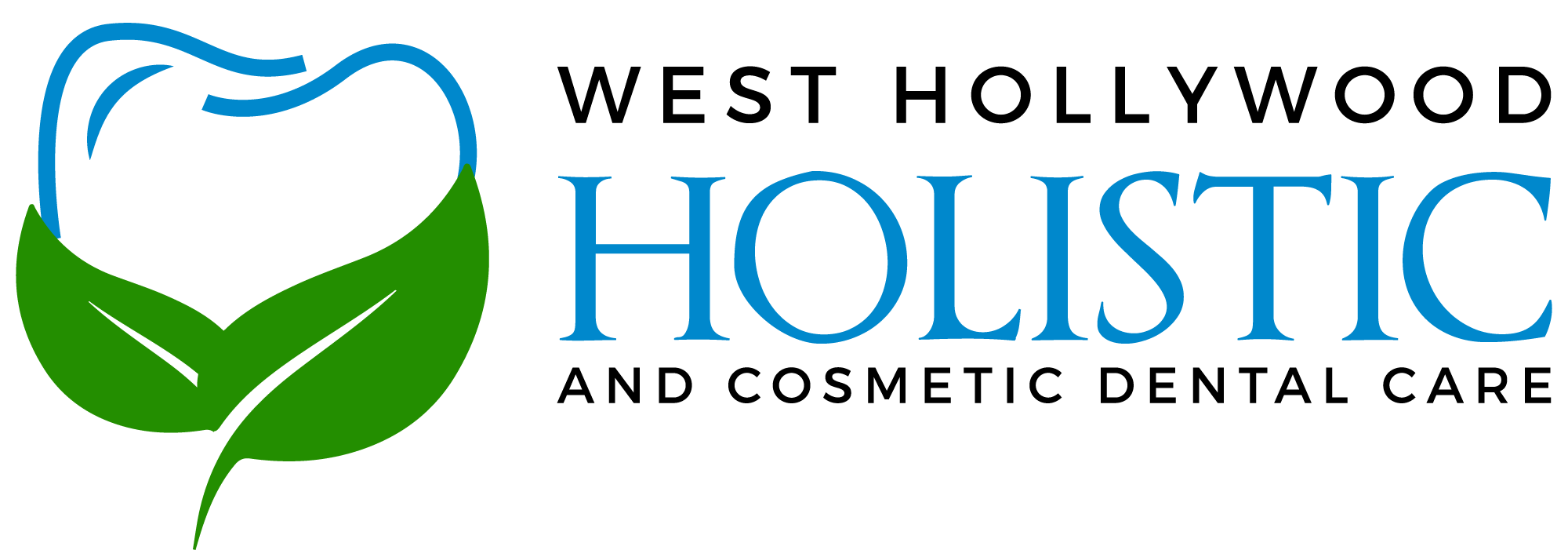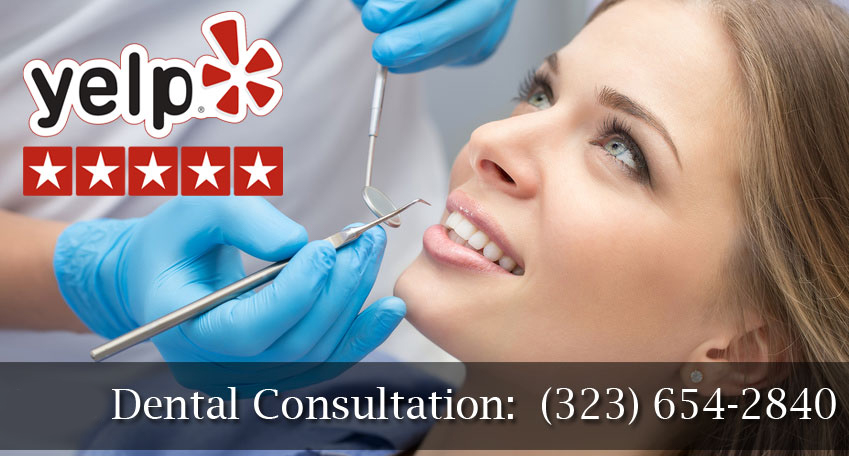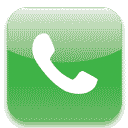COVID-19 has affected every aspect of life in America. Medical care and visiting the dentist are no different. In the opening weeks of the COVID-19 pandemic, all dental offices required their doors to be closed. As the pandemic has continued, safety procedures have been put in place and dentists are once again providing care to patients. Still, some wonder if they should be visiting the dentist.
Should I Go to the Dentist during This Pandemic?
The short answer is yes. Dentistry should not be considered as an elective procedure. Visits to the dentist are important for the health of your mouth and the health of the rest of your body.
The American Dental Association, in conjunction with the CDC, have given dentists practical guidance on how they can carry out dental procedures while limiting unsafe interactions. It’s important to remember that going to the dentist is not like going to get your hair cut by the barber. Dentists are medical professionals. They are used to thinking about minimizing the risk of disease and infection. Many of the precautions that protect against COVID-19 are precautions your dentist has been taking since the beginning.
Changes You May See When Visiting the Dentist
The American Dental Association recommends that patients sit in their cars as opposed to waiting rooms prior to their appointments. You may be asked to go to your appointment alone if it is possible to minimize the number of people in the dentist’s office.
You may be required to use a mask, have your temperature taken, and go through several health screening steps. You may want to bring your own pen if there any documents you will need to sign. You may notice that your dental appointments take longer, but the idea is to keep you and the staff safe.
Dr. Bruce Vafa, an award-winning dentist, and his staff take every precaution and operate cautiously to prevent the potential spread of COVID-19. You will notice that dentists put on new or disinfected PPE before each visit. To date, there have been zero cases of COVID-19 clustered in dental offices. The dental profession is using an overabundance of caution to protect patients and staff.
The Danger of Not Keeping Regular Dental Visits
It is recommended that you visit the dentist every six months. Regular dental visits allow your dentist to check for tooth decay, gum disease, mouth cancer, and other oral health conditions. If you are already dealing with poor oral health issues, you need to have your teeth regularly inspected.
Unfortunately, some people do not appreciate the value of regular dental visits. Others feel that their lifestyle is too busy to visit the dentist regularly. Now, with COVID-19, there is another reason for people to feel that going to the dentist is not a must. However, the longer you go without visiting the dentist, the more serious your oral health issues become.
Six Months without Visiting the Dentist
If you don’t visit the dentist for six months, you may develop small cavities. Over time, these small holes will expand. Missing a six-month checkup could mean that your dentist will miss early signs of oral cancer that could have been treated. If you smoke or drink alcohol frequently, these six-month visits could save your life.
One Year without Visiting the Dentist
If you go one year without visiting your dentist, your chances of gum disease increase. Gum disease is characterized by swollen, painful, and bleeding gums. If gum disease is left untreated, you could experience painful inflammation and tooth loss. Some try to compensate for gum disease by brushing more frequently and with greater vigor. However, this could cause the problem to get worse.
Two Years without Visiting the Dentist
Going two years without visiting the dentist means that a cavity that could have been fixed easily may now require a root canal. A root canal is an extensive procedure that can be very painful. If you have had dental implants in the past, two years without visiting the dentist could mean that your dental implants may start to fail. At the two-year mark, a person’s oral health could begin to deteriorate seriously.
Clearly, you should not take your oral health for granted. Even during the COVID-19 pandemic, it is important that you consult with a dentist regularly to protect your teeth from issues that could affect your health.
The Importance of Personal Oral Healthcare during COVID-19
Now, more than ever, respected West Hollywood, CA, dentists like Dr. Bruce Vafa recommend that their patients take their oral healthcare seriously. This includes being diligent about at home oral healthcare.
The health of your mouth impacts your lungs, your brain, your kidneys, and everything else. Therefore, it is recommended that you brush and floss your teeth two times a day. If your teeth hurt when you are eating something cold or hot, contact your dentist. By vigilantly asking questions, you may be able to minimize the number of in person visits you need.
Some may feel that because of the COVID-19 pandemic, they should ignore minor oral health concerns. If you are in doubt, it is recommended that you pick up the phone and call your dentist. Let a professional determine if you need to come in for immediate care or if it can wait a little bit longer.
Reports have shown that COVID-19 is not affecting the entire country evenly. Some communities show a higher risk than others. It is wise to monitor the number of cases reported by the public health department prior to scheduling an appointment with the dentist.
When visiting the dentist, you will need to show a little patience. Procedures that were done relatively quickly in the past may require more time and effort. If you are not feeling well, call your dentist and tell them your symptoms. They may recommend that you cancel your appointment. Or they may see a link between your oral health and you feeling ill. They may recommend you schedule your appointment sooner.
You should feel safe when you visit a dentist’s office. Remember, dentists are medical professionals who are concerned not only with your oral health but with your overall health. They will take every precaution to make your visit safe and comfortable.





